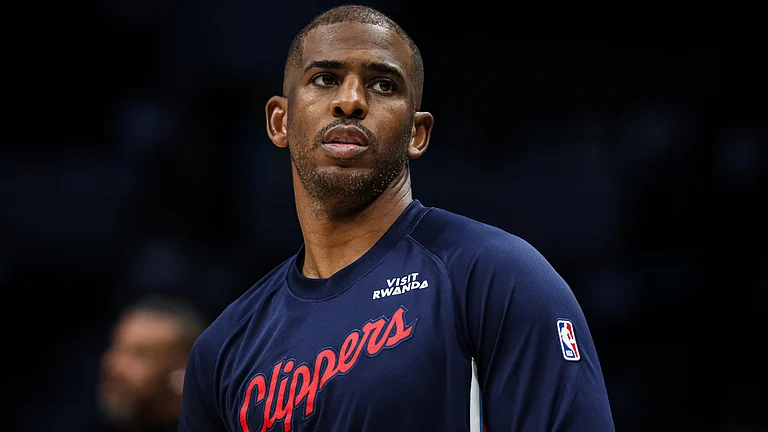Ahead of the September 30 deadline for renewing Foreign Contribution Regulation Act (FCRA) licences for non-governmental organizations (NGOs), the government has reportedly cancelled the licenses of three organisations: Save The Children, Srinivas Malliah Memorial Theatre Crafts Museum, and SEWA. Several NGOs have lost their licenses ever since amendments have been made to the FCRA in 2020.
The Ministry of Home Affaris (MHA) grants FCRA licenses to NGOs for a period of five years. NGOs that seek to receive foreign funding or donations are required to be registered under the Act. If any misuse or diversion of foreign funds is reported within the NGO, it is considered a violation of the FCRA Act.
Earlier, four well-known non-profit organisations - Commonwealth Human Rights Initiative (CHRI), Oxfam India, Centre for Policy Research (CPR), and Centre for Equity Studies (CES) - lost their FCRA licenses. The organisations were known to work for the welfare of marginalised sections.
If an FCRA licence is suspended, the organisation or individual will not be able to receive any foreign contributions until the suspension is lifted. According to a report by Economic Times, UK-based NGO Save The Children’s India unit Bal Raksha Bharat’s licence has been revoked. The organisation disclosed in its audited report filed in March that it had received Rs 163.18 crore in its bank accounts and Rs 66.66 lakh worth of in-kind contributions for the year 2021-22, ET reported. The child rights organisation operates in 16 states across the country to improve the lives of marginalized children in India.
Amendments to FCRA
The FCRA was first enacted in 1976 during the Emergency, when concerns were raised regarding the influence of 'foreign powers' in Indian affairs via transferring money to independent organisations. According to a report by the Indian Express, amendments to FCRA were enacted under the UPA government in 2010 to “consolidate the law” on utilisation of foreign funds, and “to prohibit” their use for “any activities detrimental to national interest”.
It was further amended by the BJP government in 2020, which ultimately gave the government greater control and scrutiny over the receipt and utilisation of foreign funds by NGOs, the report said.
Raising concerns over the Act, a group of civil servants wrote to Union Home Minister Amit Shah in July this year, urging him to make the law more facilitating than restrictive. Referring to suspension of licenses of Commonwealth Human Rights Initiative, Oxfam India, Centre for Policy Research, and Centre for Equity Studies, the group said, "These are all institutions whose activities are aimed at addressing the problems of the most marginalised sections of Indian society. Rights to food, work, wages, health and shelter and the right to lead a dignified life based on the fundamental rights guaranteed under the Constitution of India feature prominently in the work of these organisations.”
The group further urged the government to direct central agencies to “cease needless harassment” of the non-profit organisations. “It seems as though, using the FCRA, the Government of India seeks to deter civil society organisations from seeking funding from foreign sources, although such access to foreign funds, through other legally sanctioned means, is freely available to the private sector, digital and print media and political parties,” they said.
After the Act was amended in 2020, NGOs with FCRA licenses were given time until September 30 to apply for renewing their licenses. Last year, the Centre had told Parliament that it has cancelled the foreign funding license of 6,677 non-governmental organisations between 2017 to 2021.


























